Copyright 2013 by Alison Wolf
All rights reserved.
Published in the United States by Crown Publishers, an imprint of the Crown Publishing Group, a division of Random House, Inc., New York.
www.crownpublishing.com
CROWN and the Crown colophon are registered trademarks of Random House, Inc.
Originally published in Great Britain by Profile Books Ltd., London.
Grateful acknowledgment is made to the University of California Press for permission to reprint excerpts from Promises I Can Keep: Why Poor Women Put Motherhood Before Marriage , by Kathryn Edin and Maria Kefalas. Copyright 2011 by the Regents of the University of California. Reprinted by permission of the University of California Press.
Library of Congress Cataloging-in-Publication Data
Wolf, Alison.
The XX factor/Alison Wolf.First edition.
pages cm
Includes bibliographical references and index.
1. WomanEmploymentHistory. 2. Women employees. 3. Women executives. 4. Women in the professions. 5. Work-life balance. 6. Work and family. I. Title.
HD6053.W598 2013
331.4dc23 2013011785
eBook ISBN: 978-0-307-59042-8
Hardcover ISBN: 978-0-307-59040-4
Book design by Jaclyn Reyes
Jacket design by Christopher Brand
v3.1
To Martin with love
CONTENTS
INTRODUCTION
 ne morning in 1802, Jane Austen did something extraordinarily, breathtakingly brave. She broke off her engagement.
ne morning in 1802, Jane Austen did something extraordinarily, breathtakingly brave. She broke off her engagement.
The previous evening she had accepted an offer of marriage from a wealthy young man, Harris Bigg-Wither. She was twenty-seven and so unlikely to receive another offer; she had no independent income. That December day, she was quite consciously depriving herself of everything that offered women status and security, namely marriage and children.
Being single and female meant a life spent in other peoples homes, dependent on their charity.old maid.
Moreover, there was nothing unusual in her situation. She knew perfectly well what awaited her. For countless centuries before her, from the dawn of humankind, womens fates and fortunes had been defined in this way.
Today, just eight generations on, elite working women can barely imagine such terrors and such choices. The XX Factor is about these modern women, 70 million strong worldwide, and with the number rising daily. It is about their lives and about the choices that face them throughout adulthood; different from those of Austens time, far more extensive, but hard choices nonetheless. And it is about the growing impact of millions of highly educated, professional females on every aspect of human society.
This is also a book about women who stand in a direct line from Jane Austen and from her novels heroines. The women of The XX Factor are, like Austens characters, intelligent and educated. They are affluent and successful but they are not the super-rich. Like the family of Elizabeth Bennet, heroine of Pride and Prejudice , they move in circles that include bankers, merchants and clergymen; and like Jane Austens own family, theirs is a world of busy professionals, such as lawyers and navy officers, as well as owners of businesses and land.
The most obvious difference between Austens world and ours is also a momentous one. Women now hold the jobs that were the preserve of husbands, brothers, sons and fathers. Women are lawyers and members of the clergy, women are bankers and business owners. In the developed world, they enter professional and business occupations just as often as men; and, among younger cohorts, they do so on equal terms.
A slow transformation of the labor market accelerated suddenly in the 1960s and 1970s. Womens expectations and behavior were transformed as elite education opened up, job opportunities changed, family structures shifted and the Pill arrived. Only now, looking back, can we see the profound differences between the lives of college-educated women today and those of college-educated women as recent as their grandmothers generation.
We are also only gradually realizing how much the impact of occupational change ripples way beyond the workplace itself. Incrementally but irreversibly, womens penetration of the worlds elites is changing both mens and womens daily activities and their personal lives. In some cases, we recognize what has changed, but in many others, as this book will show, what people believe is happening is at odds with the documented facts. And one thing that we have failed to understand is that whereas through most of human history it made sense to talk about women en masse, today it very rarely does.
Until now, all womens lives, whether rich or poor, have been dominated by the same experiences and pressures. Today, elite and highly educated women have become a class apart. However, these professionals, businesswomen and holders of advanced degrees, the top 15 or 20 percent of a developed countrys female workforce, have not moved further apart from men. On the contrary, they are now more like the men of the family than ever before in history. It is from other women that they have drawn away.
FORTUNATE GENERATIONS
This new class of women has only bedded down and become numerous in the last thirty to forty years. Before that, across the millennia, hardly any women had the chance of a full, lifetime career. In my own family, mine was the very first generation to do so. Yet it was only while writing this book that I realized just how distinct a historic group we are, and how much I have lived a common story.
I grew up in prosperous, peaceful southern England. I went to a highly academic girls high school, where it was simply taken for granted that we would all go on to college. A tiny number of my classmates went into nursing. An equally small number went straight into teacher training. The rest of us did what we called proper, that is academic, degrees.
At one level I understood that this was new. My grandparents all left school for work in their very early teens; my parents completed secondary school but had no opportunity to go to university; my sister and I are graduates. So like millions of other postwar twentieth-century women, we were our familys first graduate generation. But because it was normal for my school and for my friends, only years later did I realize how few women, even in our baby-boomer generations, did academic, let alone postgraduate degrees, or how few had done so previously.
My sister and I were first-generation graduates, but as parents we simply took it for granted that our children wouldmustget degrees. Today, unlike in my childhood, it is axiomatic that a child from a fairly affluent family, male or female, goes to college. The explosion in student numbers has been great for women in many ways; but what is equally important is their access to the best institutions. In fact, as this book discusses, it is the single most important factor in creating the genuinely co-ed elites that have emerged, especially among younger cohorts.
I went to Oxford University and to one of its then all-women colleges, Somerville. I knew, obviously enough, that Oxford in my time offered far fewer places to women than it did to men. I was totally unaware, even if I had thought about it, that this was just as true for the great American Ivy League universitiesHarvard, Yale, Princeton. (Those three were the only ones I knew.) But I wouldnt have been surprised. That was just how things were.


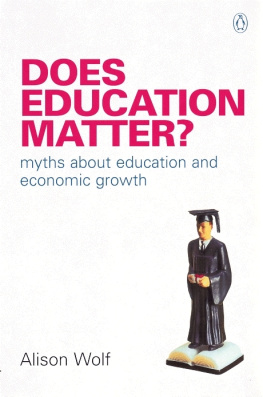
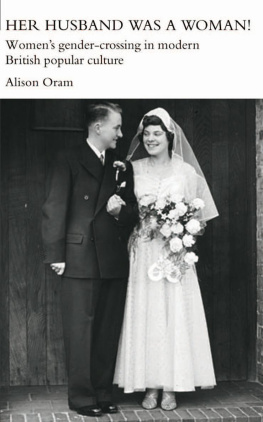

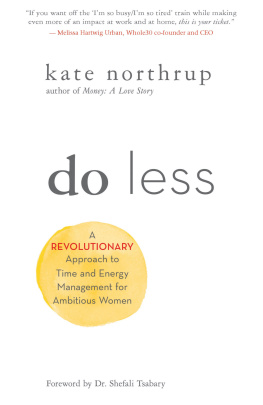

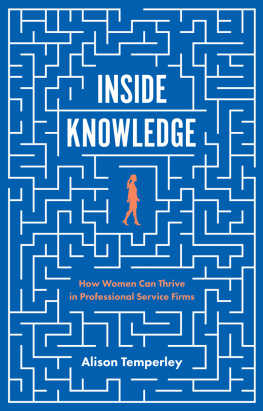
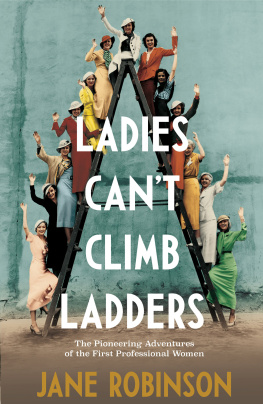

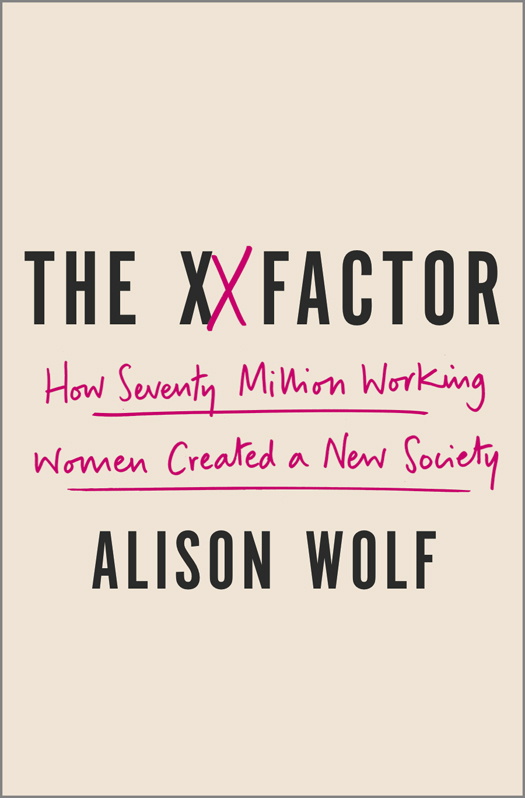
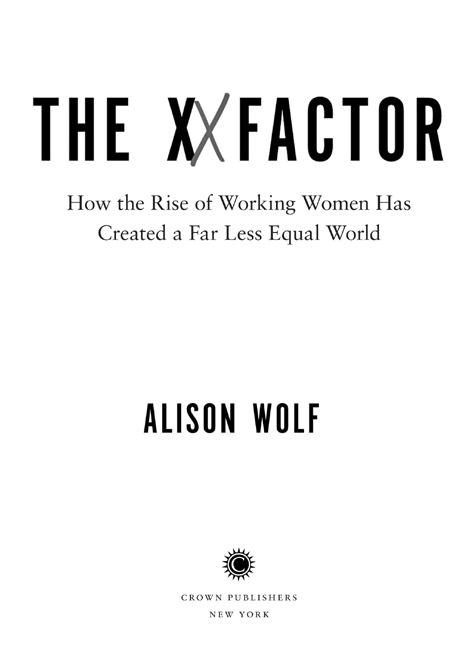
 ne morning in 1802, Jane Austen did something extraordinarily, breathtakingly brave. She broke off her engagement.
ne morning in 1802, Jane Austen did something extraordinarily, breathtakingly brave. She broke off her engagement.